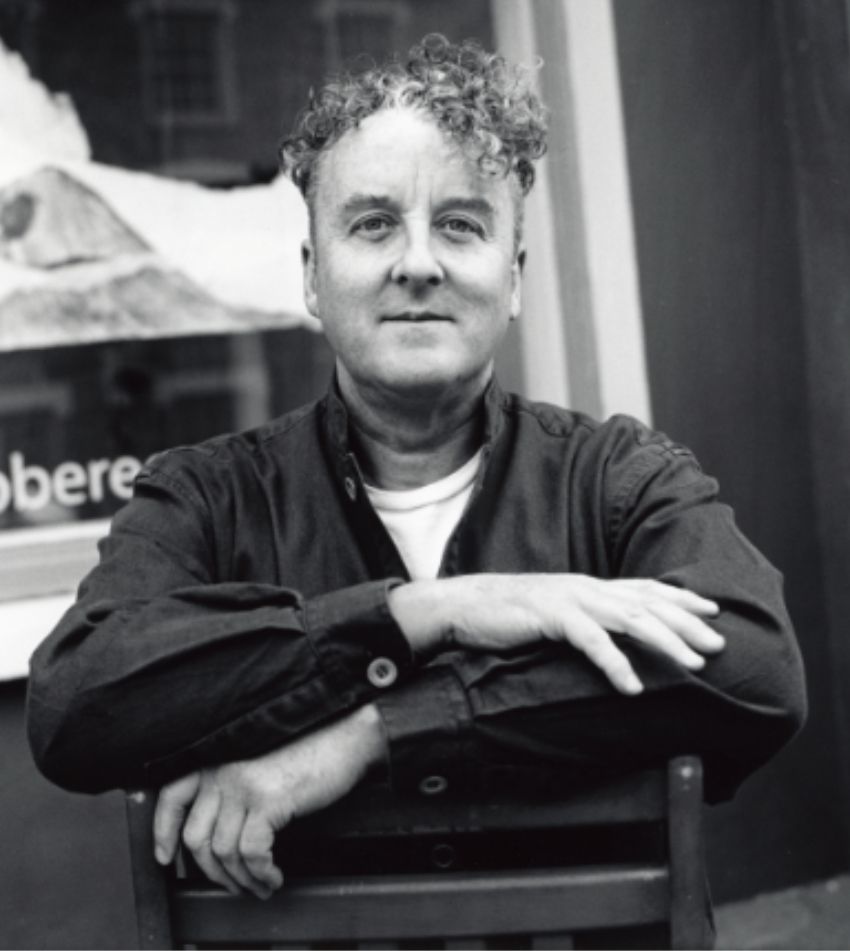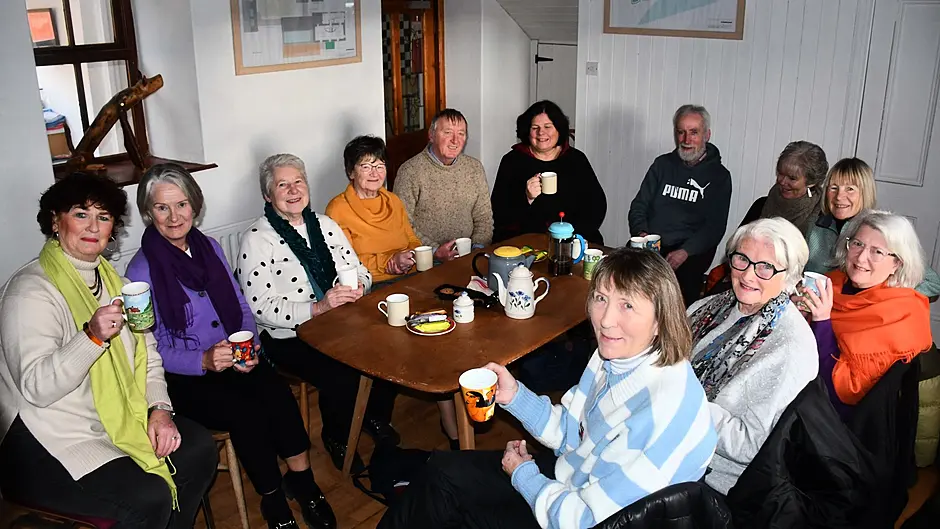After the Famine, the Irish language was linked to poverty and hunger. But in recent years, there has been a rejection of any embarrassment about what is one of Europe’s oldest tongues, writes MARY McCARTHY
NEW Year and a new skill. But which one to choose? How about going back to our country’s native tongue?
More people than you might think are opting to refresh their knowledge of Irish every year. Learning Irish connects us to the poetic beauty of our language, the soul of the people, and is buried deep within most of us.
‘Cape Clear has a significant group of daily Irish speakers, enthusiastic learners, and improvers,’ said Séamus O’Drisceoil, Cape Clear Distillers and Ferry.
‘The island community greatly values the Irish language and we have an active language development officer, Ruairí O’Donnabháin.’ Irish was in decline on the island, he points out.
‘One teaching problem at school was that there was too high a standard for everyone. However, it is interesting that more people are speaking it now than 20 years ago. Quality is not as important today as conversation is,’ according to Pól Ó Colmáin, teacher of adult Irish classes at Ballydehob’s Working Artist Studios (WAS).
 Pól O’Colmáin teaches adult Irish classes at Ballydehob’s Working Artist Studios (WAS) (Photo: John Minihan)
Pól O’Colmáin teaches adult Irish classes at Ballydehob’s Working Artist Studios (WAS) (Photo: John Minihan)
All the signals point to a revival of interest in Irish.
Now the language is the definition of being Irish and the culture provides that, whereas being Catholic identified it years ago. Many of us use Irish in the English we speak.
Words like mar dhea (as if) and flaithiúlach (generous) are commonplace.
‘The aim of learning Irish is to brush up so that you are confident in remembering it,’ Pól said. ‘Some feel like they are beginners and others are educated, but are not comfortable or confident in using it on a conversational basis. In the classes, communication is immersive. Love of one of the oldest languages in Europe is encouraged. So beautiful, so rich, so ancient.’
Most realise they know more than they expect with the help of the good, fun environment of the weekly classes. If you understand the language, you understand the culture. Irish is a far more descriptive language than English, even in swear words like fan fada is seachrán ort means ‘a long wandering and may you go astray’!
‘We must embrace what we have and glory in it,’ added Pól. ‘I encourage Irish people and everyone living in Ireland to improve on Irish to some degree, because it adds to the richness of their lives.’
Gaelgeóirí Bhréan Trá is an informal meeting that takes place every Thursday in Cnoc Buí in Union Hall.
Around 10- 20 people drop in to gather by the fire over a cuppa and chat as Ghaeilge. Conversations include current affairs, local folklore, and history that weave in poetry, story, and literature.
‘Seanfhocail (proverbs) and songs form part of our cruinniú, as well as laughter and craic,’ explained Teresa Shanahan, local artist, and co-founder.
‘The enthusiasm of the group is driven to making Gaeilge a living language. Tir gan teanga tir gan anam,’ she added, meaning a country without a language has no soul.
‘People who arrive, believing they only have the cúpla focal, soon come to realise that the Irish they learned at school arises to the surface and so does their confidence ag caint as Gaeilge,’ she said.
‘What is important at the meeting is iarracht, which means ‘make the effort.’’ Beatha teanga í a labhairt.
Since the Famine, the Irish language was associated with poverty and hunger, she recalled.
Now that many people in Ireland are well-off and educated, it is regarded as something precious, not to be lost. We inherited it from our ancestors and it provides unity to the past.
The hope is in the new wave of interest – the recognition of a wonderful language and the owning of it.
‘The An Post Irish Book Awards highlight the existence of Irish language literature to the wider public,’ explained Thaddeus Ó Buachalla, a writer and academic.
‘Last year, I was honoured to receive one for my novel EL.’ Thaddeus believes the reason for the growth in Irish today is that people are beginning to see that it belongs to us all.
 Writer Thaddeus Ó Buachalla with his award-winning book, EL.
Writer Thaddeus Ó Buachalla with his award-winning book, EL.
‘This is also fuelled by a generation of Gaelscoil students who have never questioned their ownership of the language,’ he said.
‘It is important to build an Irish-speaking community where you live and connect with people through the language. I am involved in the Clonakilty group that meets once a month in Café on the Lane.
‘This is part of the wider West Cork network that includes Skibbereen, Ballydehob, Bandon, Bantry, Kinsale, and others. All are welcome, regardless of fluency. Irish is not only the language of the Gaeltacht, it is the language of Ireland.’








